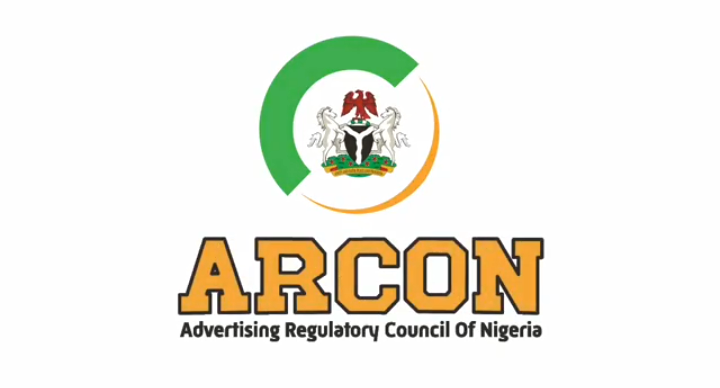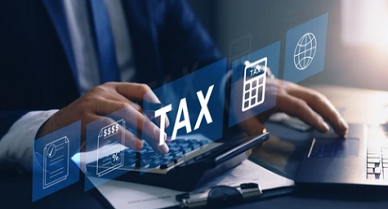Nigerian Advertising Regulator Tackling Meta
Introduction
Forbidding the employment of foreign models and voice actors in advertisements starting of October 1, 2022, was one of ARCON’s first actions. While stakeholders and experts struggled to comprehend this ban, on October 5, 2022, word spread that Nigeria’s Federal Government had sued Meta over marketing and was seeking 30 billion naira (about 70 million dollars). According to the sources, the Council claims that “the ads on Facebook, Instagram, and WhatsApp in the Nigerian markets are not verified and allowed by the federal government”.
The following issues stand out right away, even though not all of the lawsuit’s specifics have been made public:
- The practicality of “vetting and approving” each social media advertisement;
- The right to free speech vs. advertising;
- The impact of APCON/Actions ARCON’s on the perception of the Nigerian business environment and the ease of doing business;
Stakeholders in the advertising sector might recall that APCON once penalised businesses whose advertisements weren’t verified before being published or exposed.
The Court of Appeal recently ruled in the case of MIC Royal Limited (MIC) v. APCON (judgement rendered on July 5, 2018) that APCON has no control over ordinary people, businesses, institutions, or groups that advertise anything as long as those people or groups are not engaging in the practise of advertising. Without utilising APCON in this case, MIC was able to secure the placement of an advertising in the Punch Newspaper on May 29, 2014. Due to this incidence, APCON issued MIC Royal a Violation Notice fining the company N500 000 (Five Hundred Thousand Naira) for purchasing the advertisement without its permission. Uncontested evidence establishing that MIC is a limited liability corporation running funeral homes, carpentry, joinery, and manufacturing firms was provided to the court. In conclusion, the Court of Appeal determined that MIC and other non-advertising practitioners are not covered by APCON’s authority, rejecting the Violation Notice sent to MIC.
[Image Sources : Punching Dot Com]
As previously mentioned, APCON had no influence over the platforms on which the advertising were shown. Despite being misplaced, APCON focused on RTICM and MIC, the advertised company’s proprietors. Like many other industries, the advertising industry has been greatly impacted by the digital age. More particularly, the landscape of advertising and marketing has been drastically changed by social media platforms like Facebook and Instagram. The Nigerian government’s attempt to address this fact may be taking on too much.
During the seven-month Twitter ban, the government said that Twitter allowed “continuous use of the platform for actions that are capable of undermining Nigeria’s corporate survival.” The government’s most recent decision appears dubious in light of this. ARCON draws attention to this problem by asserting on its website that, in accordance with its establishment Act, it does not control the online media space but rather advertisements, advertising, and marketing communications on the internet platforms.
It is asserted that requiring each and every advertisement to be reviewed and approved before being displayed to the Nigerian public on online platforms restricts the online media environment and can even put the right to free expression at jeopardy. The commercial market place gives a location where information and ideas can grow, much like other aspects of our social and cultural life. While some of the ideas and information are essential, others are merely incidental. According to the accepted standard, the speaker and the audience—not the government—should assess the value of the information provided. As a result, even communications that only allude to a business transaction are protected under Nigerian law. Because speech is speech, an advertisement is actually a commercial communication.
The agency’s racist ban on foreign voice actors and models in Nigeria must be remembered. Many were shocked by this because the country takes great pleasure in the accomplishments of its millions of citizens everywhere. We wouldn’t want other countries to begin outright banning foreigners, particularly Nigerians. Additionally, the majority of commercials that air in Nigeria, in the perspective of Nigerians, are as locally relevant as possible because they use pidgin English and regional background. In fact, doing so is frequently best for enterprises, particularly foreign companies doing business in Nigeria.
Conclusion
The hiring of foreign voice actors and models was outlawed by the Advertising Regulatory Council of Nigeria, or ARCON, as of October 1. In accordance with its statutory mandates, responsibilities, and powers as stated in the Advertising Regulatory Council of Nigeria Act No. 23 of 2022, ARCON, the Federal Government’s top regulatory body for advertising, advertisement, and marketing communications, has outlawed the use of foreign models and voice actors in any advertisements targeted at the Nigerian advertising space as of October 1, 2022. The lawsuit against Meta was brought around a year after the Nigerian government began attempting to persuade social media companies to open local offices there. The government also depicted that Meta’s ads had cost the country a loss of revenue with providing details and plans for the same.
Author: Tanya Saraswat, in case of any queries please contact/write back to us at support@ipandlegalfilings.com & IP & Legal Filing.



